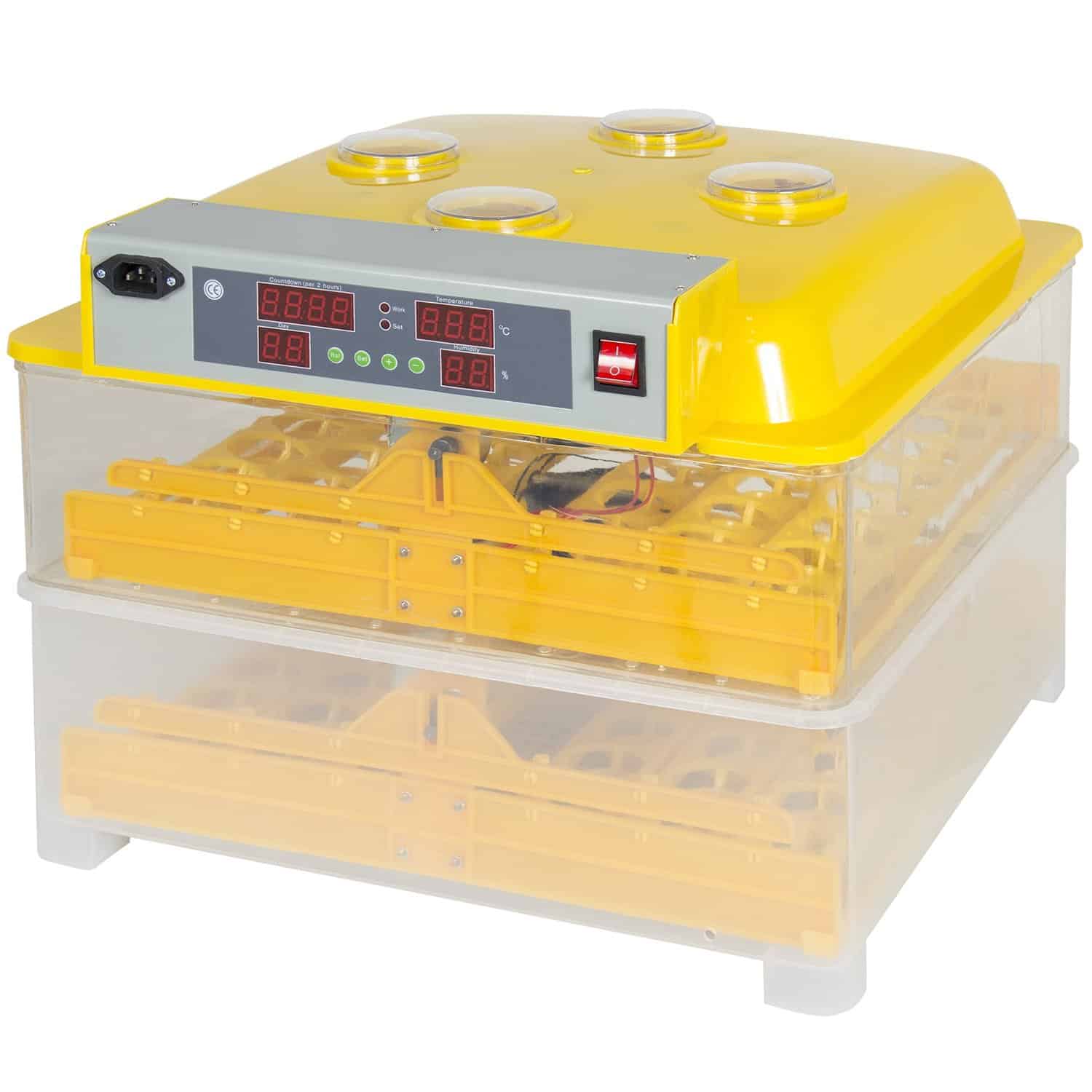
Small eggs need higher humidity levels since the rate of moisture evaporation needs to be slower than for large eggs over the span of incubation. You should also consider the size of the eggs you are incubating and how many eggs you can fit in your incubator. Often times still air incubators need to be maintained at higher humidity levels than forced draft incubators to ensure proper embryo development. Still air incubators need to be operated at high temperatures since they don’t have a fan to circulate air and make for even heating throughout the incubator. This is important to consider when you are using a forced draft versus a still air incubators. One thing to keep in mind is that as the temperature goes up, relative humidity goes down. So what is the perfect humidity level for incubating chicken eggs? There are several factors that determine what the ideal humidity level is for a clutch of eggs. You don’t want the humidity too high, but you don’t want it too low. What Humidity Levels are Ideal for Incubation? results in soft, large hatchlings that often die shortly after hatch (mushy chick syndrome).the eggshell membrane can get too rubbery and be hard for the chick to break through.the air cell is too small and won’t provide sufficient oxygen for the chick before it hatches.embryos can’t move into proper hatching position.Low humidity can be a problem when the water supply in the incubator is not adequately filled, the incubator is not filled to capacity (the more eggs, the more moisture evaporates into the air), or frequent opening and closing of the incubator. When the humidity in the incubator is too low, the eggs lose too much moisture. twisted neck, crooked toes, or other muscular deformities may occur from low hatching humidity.chicks that do hatch will be small & weak.dried out shell membranes can inhibit proper hatching and trap the chick inside the egg.hatchlings may or may not pip or fully hatch.the embryo will stick to the shell membrane within the egg.The humidity levels in the incubator need to be maintained at a fairly constant level to prevent the eggs from drying out (humidity too low) or from not loosing enough moisture (humidity to high).

When using an incubator, we have to rely on other methods to control and monitor humidity levels during incubation.
BEST EGG INCUBATOR TEMPERATURE AND HUMIDITY SKIN
The moisture from her skin prevents the eggs from losing too much moisture too quickly while they incubate. When a mother hen sits on her clutch, she will pluck feathers from her breast and underbelly to expose her moist skin. During incubation, you want the moisture to evaporate at the right rate in order for the embryo to develop and hatch properly.

The longer they are stored, the more moisture evaporates through the pores in the eggshell. When air is dry, it has low humidity and will absorb moisture from the surroundings through evaporation. Humidity is the amount of moisture that is in the air.


 0 kommentar(er)
0 kommentar(er)
